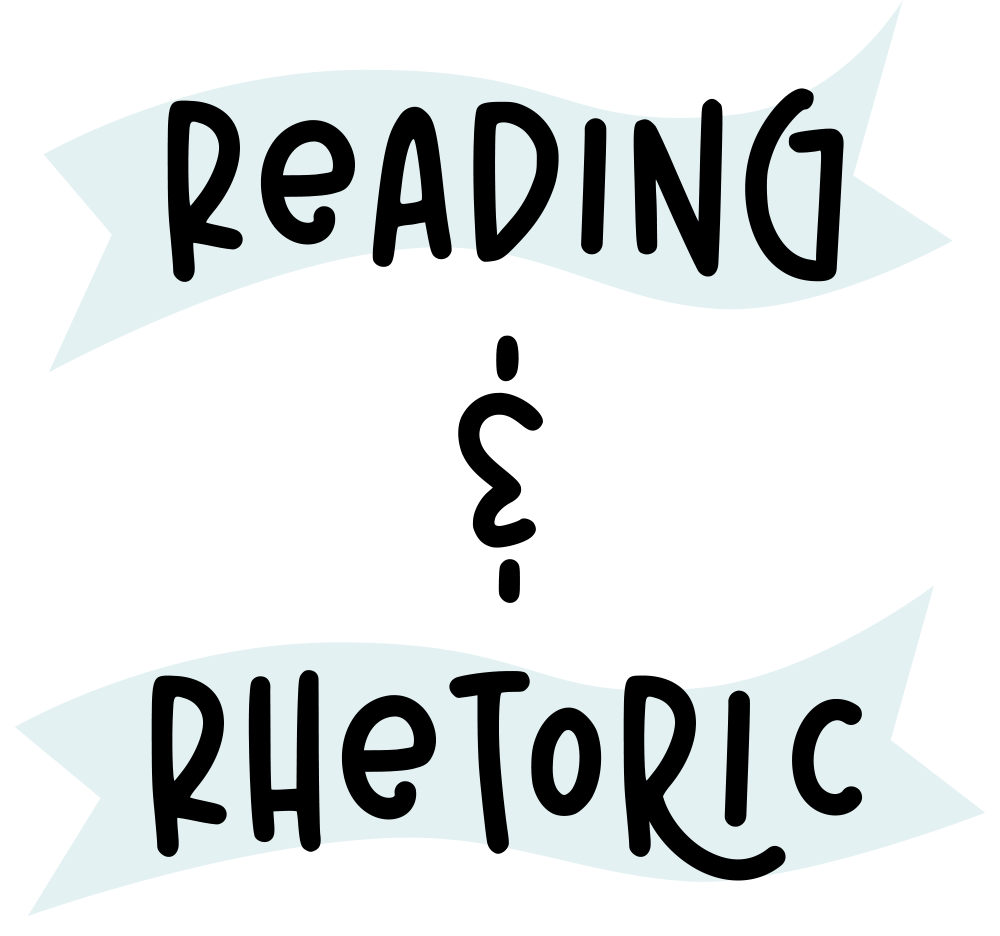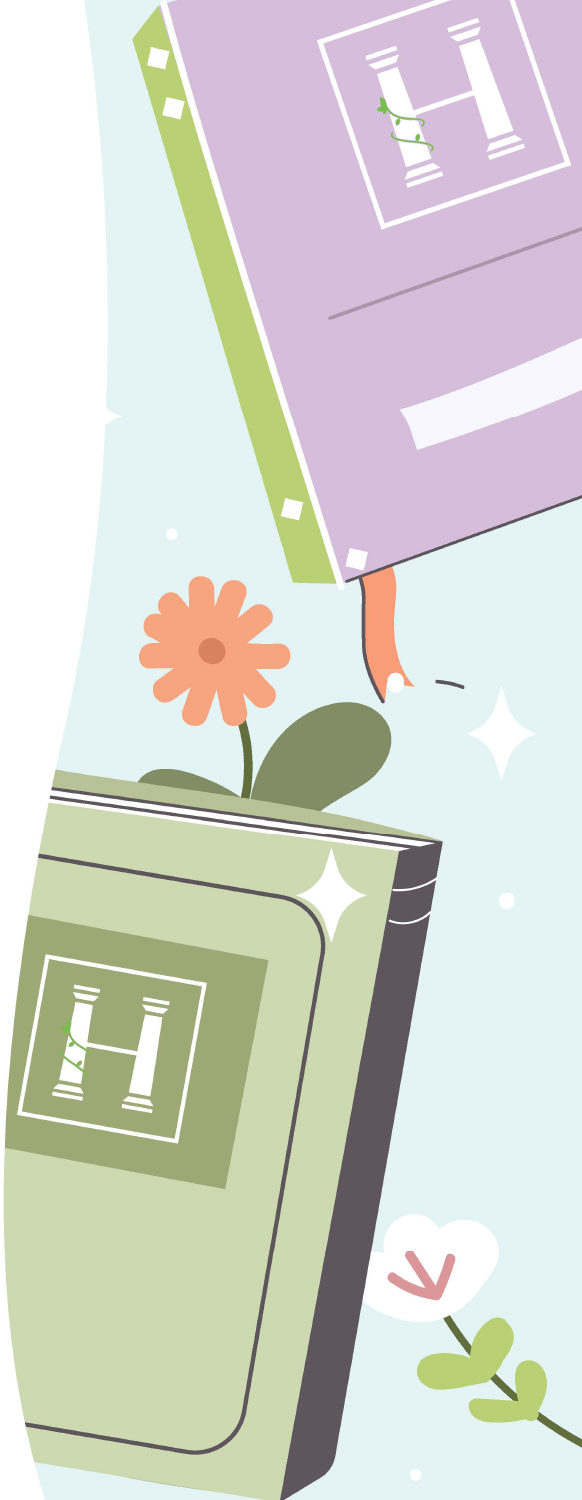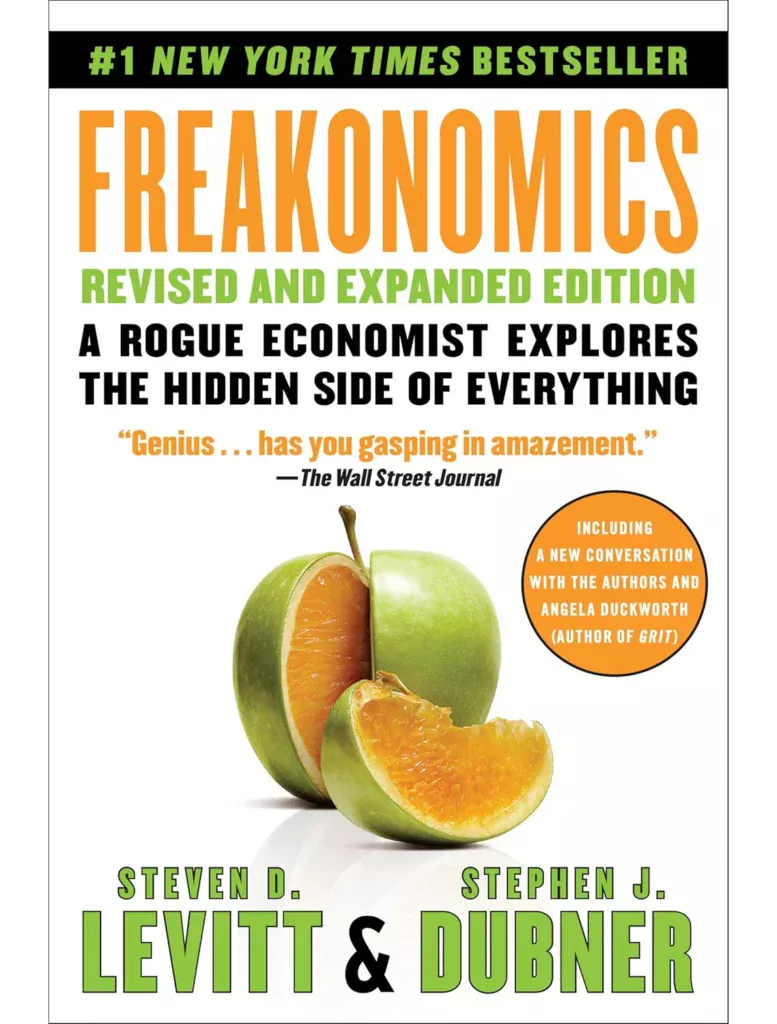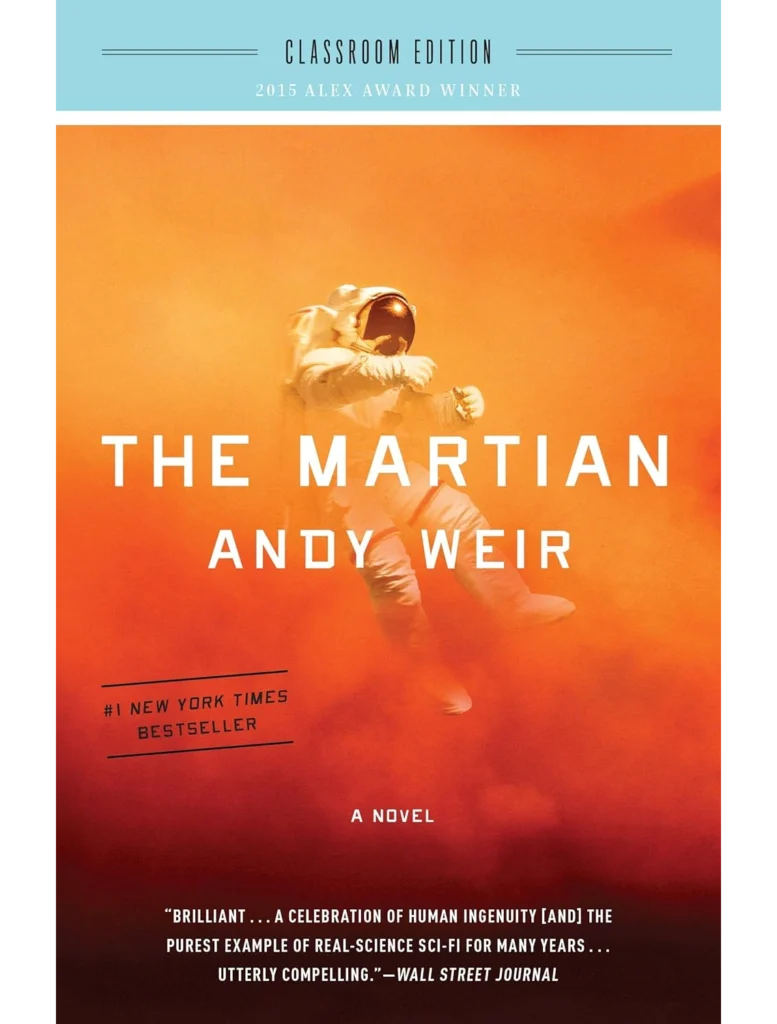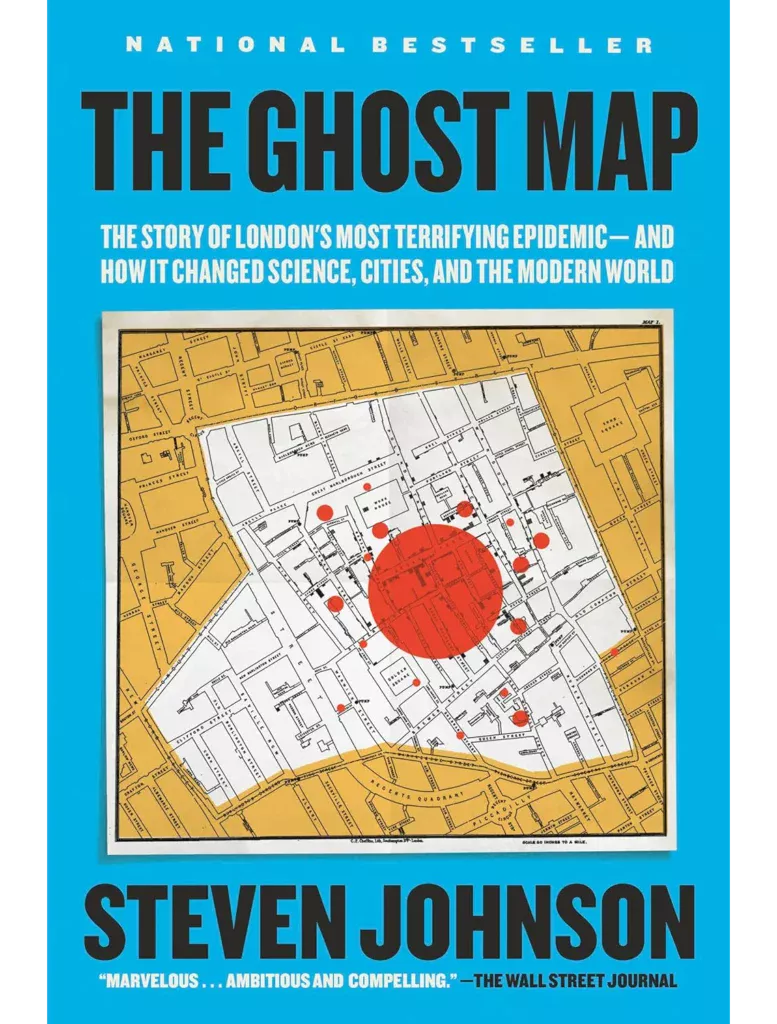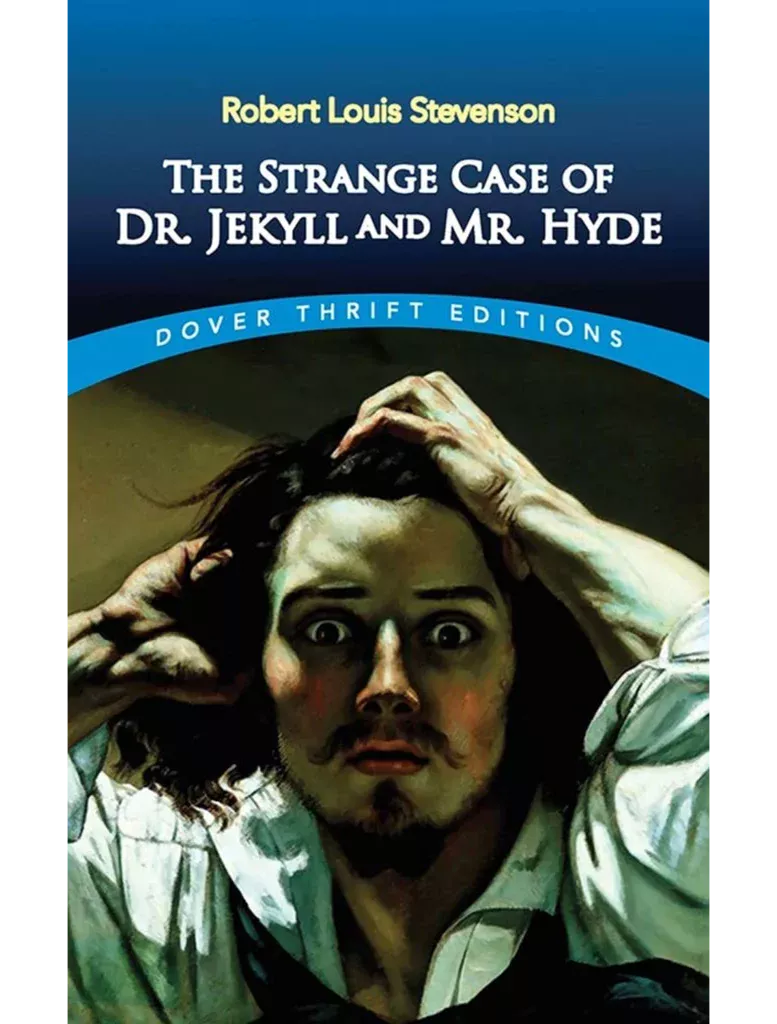Reading and Rhetoric Seminars
Why enroll in Reading and Rhetoric Seminars?
Class sessions (one month long during the school year; two weeks long during summer) are based around a book. Students will read engage with both fiction and non-fiction from across time periods and topics. During class, students will learn to read critically–looking for structure, rhetoric, theme, irony and other literary devices, as well as other concerns. These classes are modelled after college-level literature courses, meaning students will be pushed beyond surface-level questions about the plot to really dig into significance.
Strong writing skills are critical for success on standardized tests, in advanced high school classes, and in all college courses. Effective communication skills are also essential for anyone who is hoping to be a leader and make a difference in their community. Unfortunately, many high school classes don’t have the time to fully cover the writing process in detail and with feedback along the way. This is, perhaps, especially true of AP classes since those classes must prepare students for the AP tests, which involve on-demand, timed writing. Writing under a time limit is necessary on standardized tests, but it isn’t a true writing situation, and under such limits, students aren’t able to really engage with the steps that ultimately shape a written work–brainstorming, outlining, editing, revision. That’s why we build a writing component into every one of our classes, to fill in this gap and make sure that students are comfortable with the full writing process.
The Reading and Rhetoric Seminar is also designed to introduce students to test prep by exposing them to true-to-the-test practice passages covering both reading and writing skills (in the style of both the SAT and the ACT). Through this, students become familiar with the format of the test and learn how to approach each section and each question type.
Schedule & Class Structure
During the school year, classes are offered on Saturdays at our Carmel Valley office, our 4S Ranch office, and online. Students complete the reading assignments–and any other assignments their teacher may give them, such as vocabulary work or writing exercises–during the week. In summer, classes typically meet in the afternoons on Tuesday through Friday for 8 weeks, changing books every 2 weeks.
Class sessions consist of in-depth reading discussions, writing exercises, test passages, and lectures and exercises on relevant topics, such as theme, rhetoric, structure, genres of writing, or tone and irony.
Classes are taught by experienced teachers, many with graduate degrees in the humanities.
Location
We offer in-person classes at multiple sites across San Diego-Canyon Crest Academy, Del Norte High School, our Carmel Valley Office, and our 4S Ranch Office. The same program is also available online for students who are not local, unable to make class, or simply prefer online learning.
It All Starts with a Consultation
Because classes at Hamilton are not “one-size-fits-all,” we request that students and families interested in our courses or services schedule a complimentary 45-minute initial counseling session. There is no charge for this session, and absolutely no pressure to sign up for classes or services.
The initial counseling appointment lets us meet students and learn about their individual academic lives and learning styles. It also helps all of us – students, parents, and Hamilton Education – begin long-term planning to help students reach their goals.

